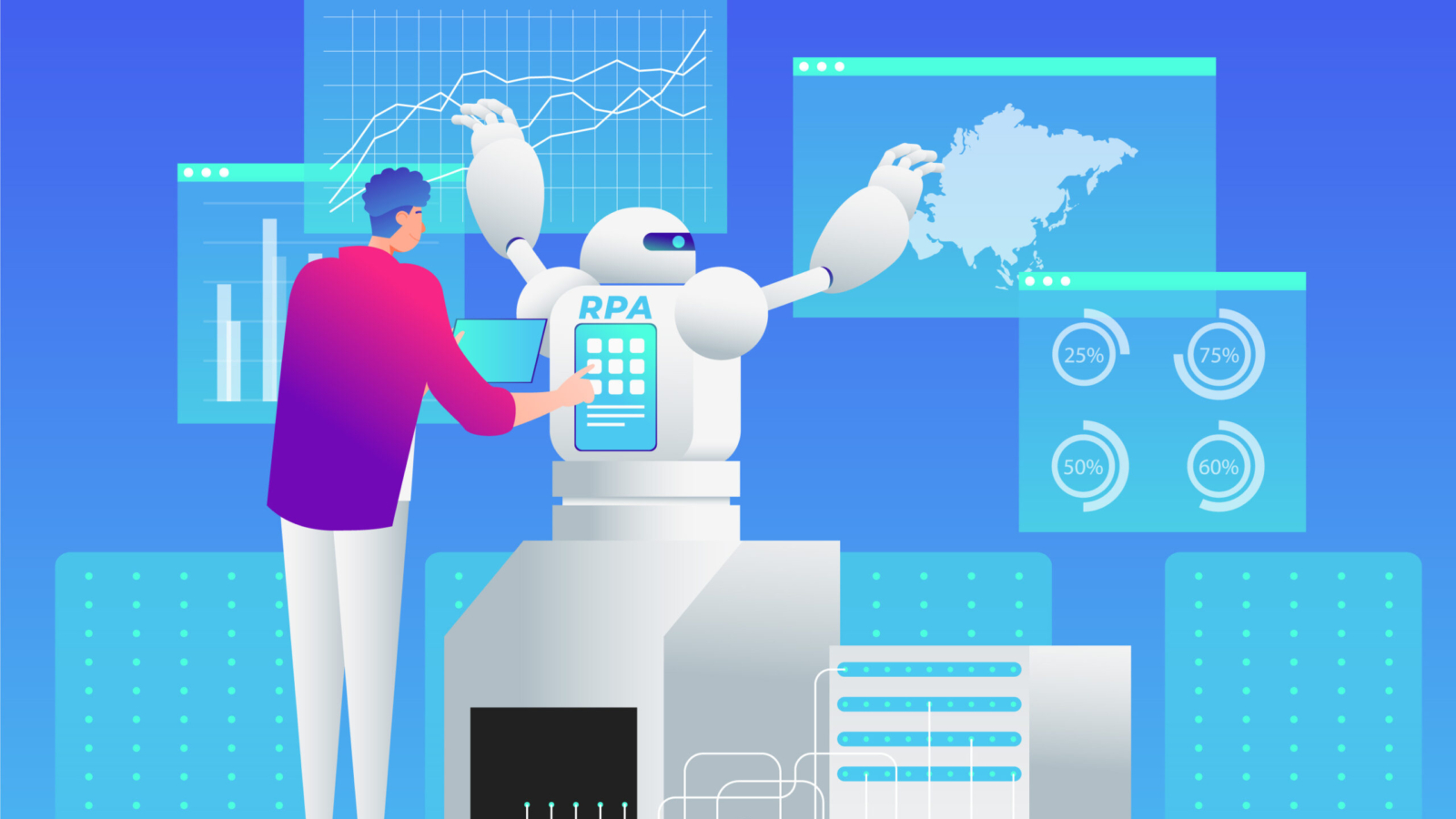Artificial Intelligence (AI) has developed as such a type of force that changes industries and economies, and also their everyday life, quickly. Computational agent systems are the essence behind AI, systems that can perceive, process information, and act to reach some particular aims. Students, researchers, and businesses intending to utilize the capabilities of an artificial intelligence need to comprehend the artificial intelligence foundations of computational agents.
What Are Computational Agents?
Computational agents are intelligent systems capable of making decisions autonomously. These agents can range from simple software programs that follow predefined rules to advanced AI models that learn and adapt through experience. They interact with their environment by gathering data, processing information, and performing actions to optimize outcomes.
Algorithms The foundations of computational agents are in computer science, mathematics, and cognitive science, and cognitive science. They include topics such as algorithms, probability, decision theory, logic, and machine learning. Together, these disciplines enable agents to perform tasks like reasoning, planning, and problem-solving.
Key Concepts in the Foundations of AI Agents
Perception and Representation
AI agents perceive the environment using data inputs—such as sensors, images, or text. They represent this data in structured formats, which can be processed to derive insights.
Reasoning and Decision-Making
A fundamental aspect of the artificial intelligence foundations of computational agents is reasoning under uncertainty. Agents use inference techniques and probabilistic models to make decisions that maximize their chances of success.
Learning and Adaptation
Machine learning is a vital foundation of modern AI agents. Through supervised, unsupervised, and reinforcement learning, agents can improve performance over time by learning patterns from data.
Goal-Oriented Behavior
Computational agents operate to achieve specific objectives, whether it is winning a game, recommending a product, or optimizing a supply chain.
Real-World Applications
The artificial intelligence foundations of computational agents are applied in multiple industries:
Healthcare: AI agents assist in diagnosing diseases, predicting patient risks, and personalizing treatments.
Finance: Agents analyze vast amounts of market data to provide trading insights and detect fraudulent transactions.
Robotics: Autonomous robots rely on computational agents to navigate, manipulate objects, and interact with humans.
Customer Support: Virtual assistants and chatbots act as intelligent agents that provide instant solutions to user queries.
Why Understanding Foundations Is Crucial
For students and professionals in AI, understanding the foundations of computational agents ensures they can design robust, ethical, and scalable AI systems. These foundations emphasize not just technical knowledge but also considerations of fairness, transparency, and accountability in AI decision-making.
Researchers continue to explore advanced models that combine logic, probability, and learning to create agents that can reason more like humans. The future of AI will likely involve even more sophisticated agents capable of autonomous decision-making in dynamic environments.
Conclusion
The artificial intelligence foundations of computational agents form the backbone of intelligent systems shaping the modern world. By studying these foundations—covering perception, reasoning, learning, and decision-making—we can create AI technologies that are innovative, reliable, and ethical. As AI continues to grow, understanding these principles will be vital for anyone looking to build or leverage next-generation intelligent agents.


Add a Comment